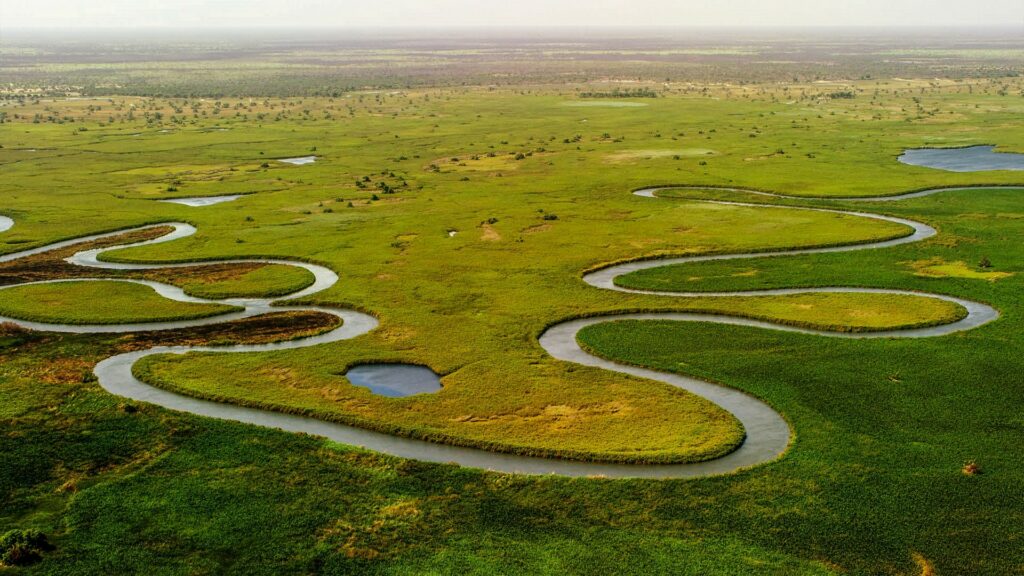Over the past two centuries humanity has transformed life on earth radically: world population grew seven-fold while human longevity doubled; humanity was able to leapfrog technological and economic development and is now globalised and hyper connected.
However these achievements though came at a high price, with many disconnected from ourselves, from local social structures and from the environment. We lost touch and forgot that our economies and communities were integrated with the natural environment, the very place where we live and grow. If we continue living in the way gradually developed over the last 200 years, we will put an existential threat to human civilisation.
In this context, our primary vision is to test large-scale living space solutions that are integrated in our social and environmental ecosystems. We are convinced that for humanity to develop, we need to collectively build our capacities as individuals, as a community and as a biosphere to deal with the changes we caused.
Moreover, inRES’ vision is to help communities to develop from a resource extraction economy for the few into a sustainable and circular knowledge-based society for all. That means that inRES will implement innovative and scalable solutions that are created from people for people, solutions that are extracted from local level and are addressed to global level.
In this context we are diligently working to provide a forum where technological advancements combined with local wisdom that enables resilient and sustainable communities. inRES will promote and develop self-sustainable, close-to-zero environmental impact habitats, while investigating economic and governance models in the digital society, including life-long learning using the latest technology.

Our primary geographical focus is Africa. We plan to utilise science and technology, tribal wisdom and local skills to develop self-sufficient habitats that provide energy, food and water and reconnect humanity to environment, society and self. It is our belief that global sustainability can indeed be achieved by building resilient local habitats that can then be scaled. This is the idea of our first project: